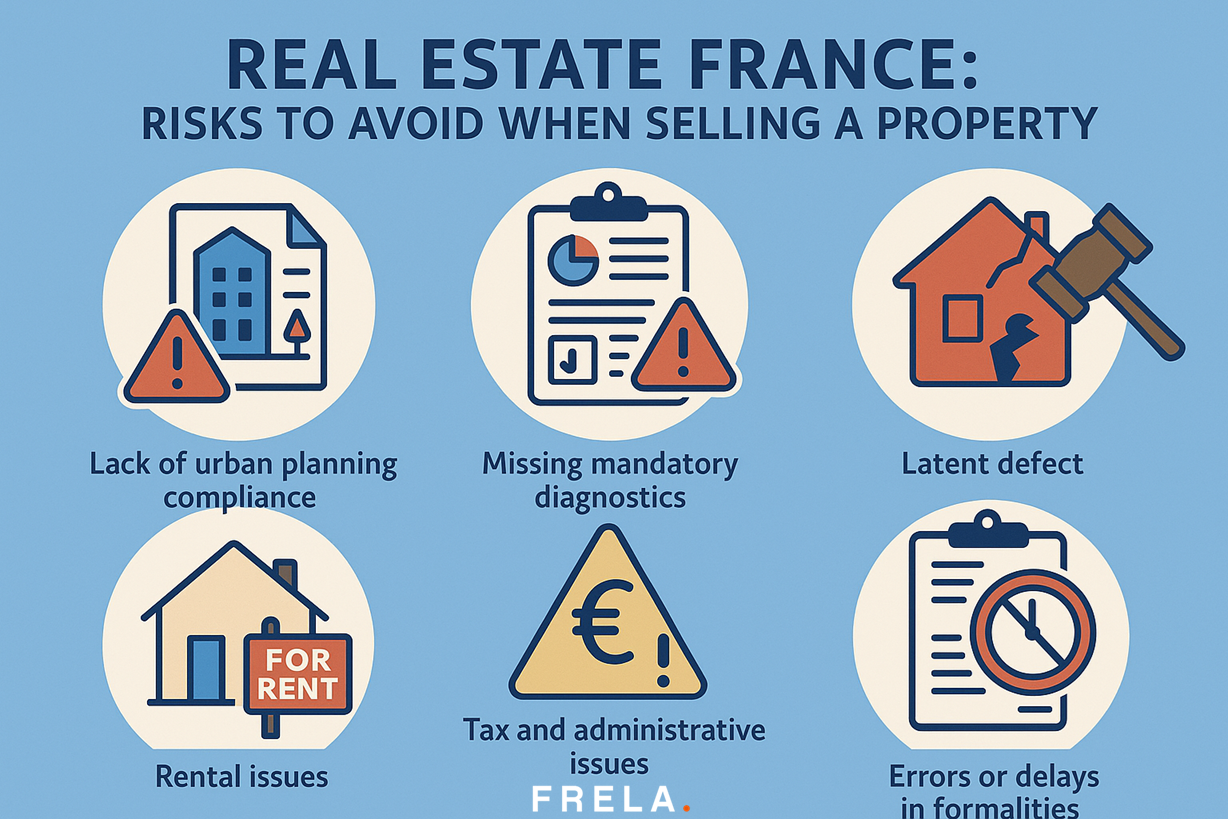Transfering a real estate property in France trough succession
According to Insee, nearly one household out of two has already benefited from a succession or a donation. The transmission of a real estate property through succession is a complex legal process that involves the transmission of a deceased person’s property to their heirs.


The Steps Involved in the Transmission of a Real Estate Property through Succession
The transmission of a real estate property through succession involves several steps. Firstly, it is necessary to determine the deceased person’s heirs. This can be done by consulting the deceased person’s will or by using the legal rules of succession.
Once the heirs are identified, it is necessary to proceed with the evaluation of the real estate property. This can be done by hiring a real estate expert or by using the services of a notary. The evaluation of the real estate property is important as it allows determining the value of the property and thus the share of each heir.
After the evaluation of the real estate property, the heirs must decide how the property will be transmitted. They can decide to sell it and share the proceeds of the sale, or to keep it in common. If the property is kept in common, the heirs must determine the management and use modalities of the property.
The Tax Rules for the Transmission of a Real Estate Property through Succession
Inheritance tax
When transferring a real estate property through succession, the heirs may be subject to inheritance tax. Inheritance tax is a tax calculated on each heir’s share of the real estate property. The inheritance tax rate varies depending on the relationship between the deceased person and the heirs, as well as the value of the real estate property.
Direct heirs, such as children and spouses, benefit from an exemption on the value of the real estate property. For children, the exemption is 100,000 euros per parent, while for spouses, there is a total exemption from inheritance tax. Beyond these exemptions, the inheritance tax rate varies from 5% to 45% depending on the value of the real estate property.
Notary fees
In addition to inheritance tax, heirs must also pay notary fees related to the transfer of the real estate property. These fees include registration fees, drafting fees for the succession deed, and notary fees.
Notary fees can represent a significant portion of the costs associated with the transfer of a real estate property through succession. However, it is important to note that these fees are calculated on the value of the real estate property and can therefore be significantly reduced if the property has a relatively low value.
Capital gains tax
When heirs decide to sell the inherited real estate property, they may be subject to capital gains tax. Capital gains tax is a tax calculated on the difference between the sale price and the acquisition price of the real estate property.
However, capital gains tax can be avoided in some cases. For example, if the real estate property was the deceased person’s main residence and the heirs decide to sell it within two years of the death, they may benefit from a total exemption from capital gains tax.
The transmission of a real estate property through succession is a complex legal process that involves several steps and specific tax rules. It is important to take the time to understand the legal rules in force and to be accompanied by a specialized lawyer in inheritance law to avoid any litigation. By following the appropriate steps and respecting the tax rules, the transmission of a real estate property through succession can be carried out efficiently and safely.
About the Author :
Business lawyers, bilingual, specialized in acquisition law; Benoit Lafourcade is co-founder of Delcade lawyers & solicitors and founder of FRELA; registered as agents in personal and professional real estate transactions. Member of AAMTI (main association of French lawyers and agents)
FRELA : French Real Estate Lawyer Agency, specializing in acquisition law to secure real estate and business transactions in France.
Paris, 19 Rue du Colisee, 75008 Paris
Bordeaux, 78 Cours de Verdun, 33000 Bordeaux
Lille, 40 Theater Square, 59800 Lille

This article is provided for general information only and may not reflect the most recent legal or tax developments. It does not constitute legal advice. Please contact us for personalised guidance before making any decision.




